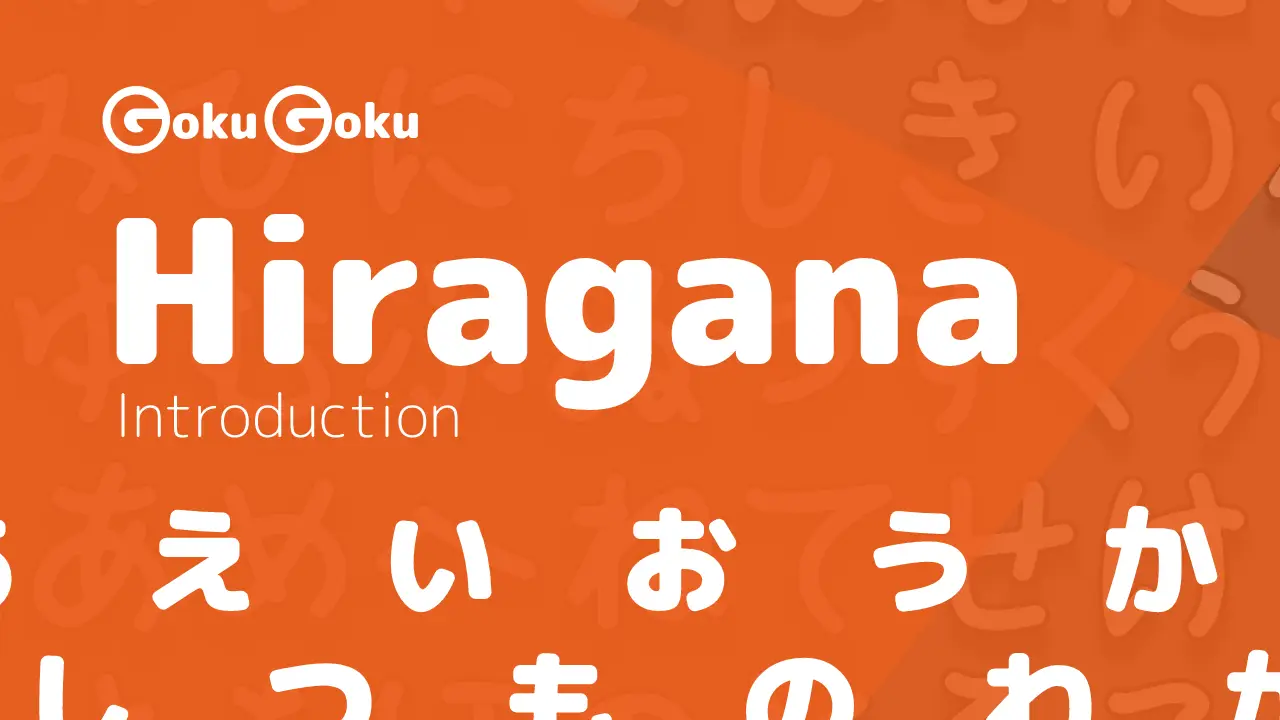やすい (yasui) Meaning Japanese Grammar - Easy To
Anna Baffa Volpe
Get in touch with meThe adjective やすい (yasui) means easy.
It is an い Adjective and preceded by the Verb Base takes on the meaning of easy to and likely to, have a tendency to.
In this post we learn more about the meaning of やすい, how it is formed and when やすい is used through real example sentences.
How and when to use やすい
The structure we will study together in this post is charachterized by:
the Verb Base + the Adjective やすい
The Ichidan Verbs have only one base / conjugation while the Godan Verbs have 5 bases and use in this case the B2 or Base ending in い.
It expresses something that is easy to do, simple to do.
The antonym of this form is represented by the same structure with the adjective にくい which translates something difficult to do, hard to do.
この機械は使いやすい。
This machine is easy to use.
スペイン語は勉強しやすい。
Spanish is easy to learn.
How to form やすい
やすい in its kanji transcription becomes 易い.
It is joined to the Verb Base used in the polite form ます.
Ichidan verb: 答える answer
答えやすい質問
Questions that are easy to answer
In the case of the Godan verbs we use the base ending in い: 読む read
読みやすい小説
An easy to read novel
In the 2 previous examples やすい has attributive function and precedes the noun it modifies.
In the predicative function the adjective やすい follows the noun and is put at the end of the sentence.
この質問は答えやすい。
This question is easy to answer.
この小説は読みやすい。
This novel is easy to read.
Polite form やすいです
The polite form is obtained by adding the copula です to the adjective やすい.
先生の説明は分かりやすいです。
The teacher’s explanations are easy to understand.
この問題は間違えやすいです。
This question is easy to get wrong.
やすかった: past form
The past form of the adjective やすい is やすかった and in the polite form we add the copula: やすかったです.
Example from a comment on a video tutorial of a recipe:

ありがとうございます。ゆっくりでとても分かりやすかったです。
Thank you. It was very easy to understand, because you spoke slowly.
Examples of やすい
日本の家屋は木造で、火がつきやすい。
Japanese houses are made of wood and easily set on fire.
私は人に影響されやすいタイプなんです
I am the type of person who is easily influenced by others.
In the example above, we find the verb in the passive form:
影響する influence ⇨ 影響される be influenced ⇨影響されやすい easily influenced
今日はとても過ごしやすい陽気です。
Today is a very pleasant beautiful day.

話が分かりやすい人。話が分かりにくい人。あなたはどっち?
People whose stories are easy to understand. People whose stories are hard to understand. Which one are you?
Similar grammar points in Japanese 📚
~ていく
~ていく (teiku) Meaning Japanese Grammar - Keep Doing
てよかった
てよかった (te yokatta) Meaning Japanese Grammar - I'm Glad That...
それでもいい
それでもいい (soredemoii) Meaning Japanese Grammar - It's Fine
それでも
それでも (sore demo) Meaning Japanese Grammar - Still
させられる・せられる
させられる・せられる (saserareru serareru) Meaning Japanese Grammar - To Be Made To Do Something
ないで
ないで (naide) Meaning Japanese Grammar - Without Doing

